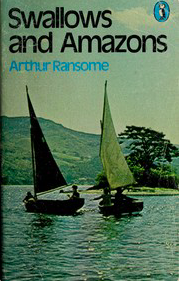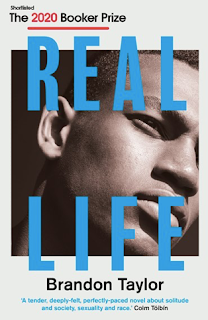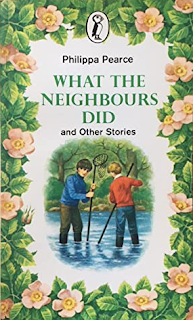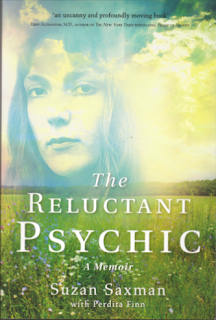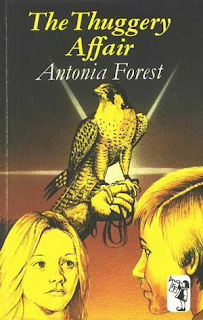Are You There, Buddha? by Pip Harry pays explicit homage to Judy Blume's puberty classic, Are You There, God? It's Me, Margaret. A fast-paced, funny and touching verse novel, it follows twelve year old Bee, who has just started high school and doesn't want any more big changes in her life, thank you very much. Her mother has decamped to India, and while Bee's stepmother is doing her best to fill that gap, Bee is furiously resistant to Kath's help. Bee is also keenly aware that her period is about to start, and more dimly conscious that her best friend Leon is starting to view their friendship through a different sense.
Are You There, Buddha? is beautifully relatable, as Bee struggles to cling onto the certainties in her life (her dad, swimming, Leon, her school friends getting obsessed with clothes and kissing) even while the ground is shifting under her, including her own treacherous body. Ultimately Bee succeeds in finding her feet in a changing landscape and discovers that not everything about growing up is necessarily terrible.
I liked the way Harry didn't deliver an easy, sugar-coated solution to Bee's troubled relationship with her mother, or to Leon's uncomfortable feelings; but she does offer some hope for the future with new friend Claire and swimming rival Laura, who has more serious problems at home to deal with. I think I would have found this a very reassuring read in my late primary years, when the future was a total mystery and there were so few maps available. We need more books like this!



